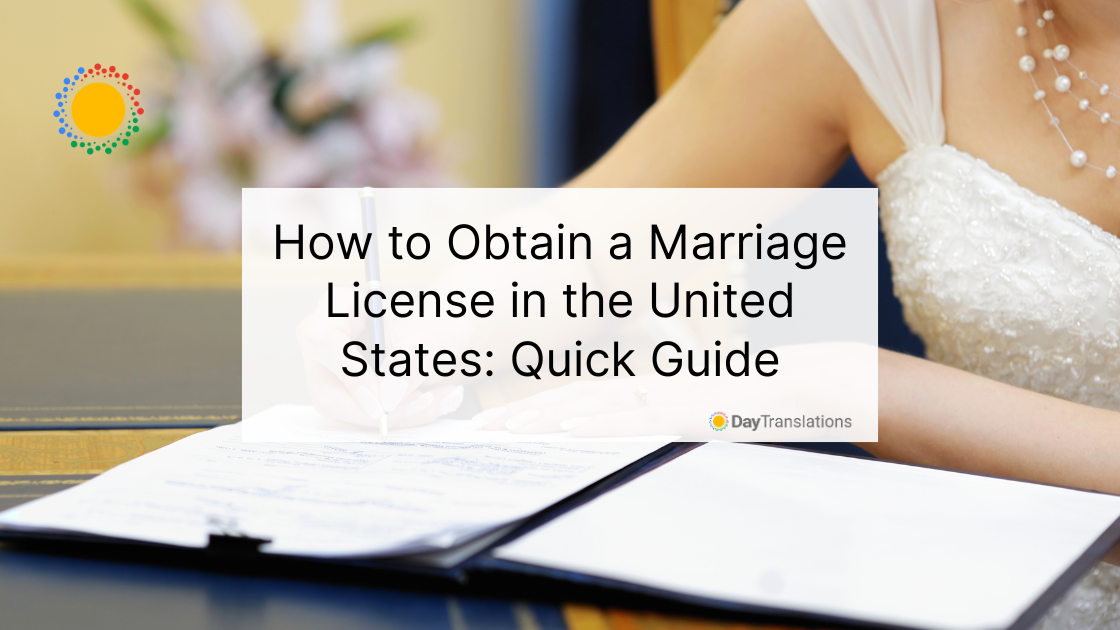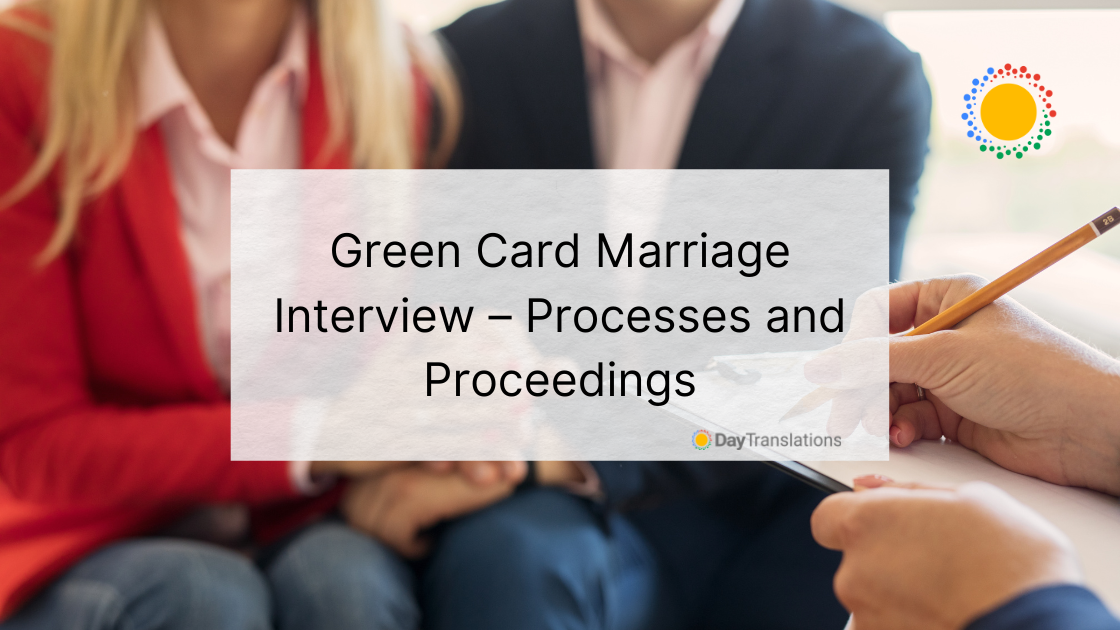In general, all couples who wish to get married must first get a marriage license. It is a document that says that the two parties are legally allowed to be wed. In the U.S., the rules, regulations, and the requirements when issuing a marriage license, vary by state.
It is important that the marriage license is obtained before the wedding, whether the couple chooses to have a religious ceremony or a civil ceremony.
Validity of a Marriage License
Typically, a marriage license is valid only for a limited time. The length of time a marriage license is valid also depends on the issuing state. It specifies the maximum period allowed between getting the license and having the actual wedding ceremony.
Most states in the U.S. allow a validity of a marriage license that is between 30 and 60 days, but some states offer a longer validity. In most cases, people wishing to get married obtain their license a week or two before the ceremony.
Issuing Agency
A town or city hall or a county clerk usually issues a marriage license. It is important to secure the license from the state where the wedding is to be solemnized. When applying for a marriage license, it is a must that both the bride and the groom appear together.
The most basic requirements for marriage license application include; identification, blood or medical test, and residency. As mentioned, the requirements differ, and they differ on the following categories:
- Documents and applications required
- Residency requirement
- Waiting period and duration
- Blood test requirement
- Minimum age requirement to marry with or without parent/guardian consent
- Marriage license validity and length
The best route to take to ensure that you have the right requirements is to contact the specific office of the town clerk, city or county where you intend to get married. Some towns and counties maintain websites where you can get the right information. For others, you have to call or visit their office personally.
Guide for the Commonly Required Documents
Although, the required documents that a couple needs to submit may vary, the marriage license requirements are basically the same for U.S and non-U.S. citizens, who are both in the United States.
A party who is born in foreign soil and whose civil documents are written in a foreign language need to have their documents translated (and certified) into English first. Certified translated documents are required to start the marriage license process.
Likewise, the non-U.S. citizen must determine if his or her home country requires other special documents aside from the marriage certificate before the home country can recognize his or her marriage.
The most common documents needed are the following:
- ID with photo (could be a passport or driver’s license)
- Birth certificate
- Proof of residence and/or citizenship
- Applicants who have been widowed or divorced – a certified copy of the death certificate or divorce decree
- Applicants not meeting the minimum age requirement – depending on the age of the minor, a written consent of a judge or parent/s
- Blood or medical test results
- Proof of license fee payment
Important to Remember
A party who is not a U.S. citizen should contact their national embassy to see if they have the requirements needed by their home country. The embassy could provide assistance to the citizen in the document preparation required for submission when applying for a marriage license.
Note: A couple who are both non-U.S. citizens could get married in the United States as long as an overseas marriage is officially recognized by their respective home countries.
However, it should be clear to both parties that non-U.S. citizens getting married in the United States are not entitled to any residency or visa benefits.
Age Restrictions
Just like the other requirements, the minimum age in which a person can marry without securing parental consent varies. Generally speaking, someone who has reached the age of 18 can marry without getting consent from his or her parents/guardians.
In Nebraska however, the minimum age is 19 while it is 21 in Mississippi. Likewise there are several states where minors aged 16 to 18 are allowed to marry with judicial and/or parental consent; other states allow marriages for minors below 16 years of age.
Moreover, there are some states that allow a pregnant woman even under the age of 18 to get married without judicial or parental consent.
Marrying a Foreigner
Marrying a foreigner who is already in the United States is permissible. Generally, it is not essential for a couple to have immigration status if they wish to marry in the United States (for example, a destination wedding).
Marriage is according to State law, which is separate and distinct from the Federal immigration law of the United States. If the parties get married in the United States, the marriage is valid.
Marrying a U.S. citizen for a Green Card
However, it is a different scenario when a foreigner intends to marry a U.S. citizen and wishes to remain in the United States and apply for a green card based on his or her marriage. This is not an easy process. There are cases when it becomes possible to have a green card.
In other cases, it is prohibited. In this case, the spouse isn’t allowed to stay in the country after the marriage. This is because proper steps for the filing for immigration are critical. If it is neglected, the foreign spouse cannot permanently stay in the country.
Required Visas
If the foreigner was granted a K1 fiancée visa or a K3 spousal visa, he or she can remain in the United States and submit a green card application. In time, the foreign spouse can apply for citizenship in the United States.
However, if the foreigner doesn’t have any of the K-visas, it is absolutely essential for them to return home after the marriage. He or she can return to the U.S. after issuance of a K-3 (nonimmigrant visa for spouse) visa. It is also possible after obtaining a CR (immigrant visa for a spouse of a U.S. citizen) marriage visa.
Do note that there is a specific purpose for each type of immigration visa. It is critical that you do not violate any of the U.S. immigration laws. This may jeopardize the granting of visa for your spouse.
When your spouse does apply to immigrate to the United States, be prepared to have all relevant papers translated and certified. How to apply for his/her Naturalization is discussed in another blog article.












Wedding Palace
Posted at 02:24h, 20 AugustWow ! That was wroth a read. Thank you much for sharing !
Meg Rojas
Posted at 12:21h, 26 SeptemberHi, i was born in the Philippines but am now a Taiwanese citizen. I am divorced and this divorce is also recorded in the philippines National Statistics office. If I want to marry a US citizen without any intention of applying for immigrant status or green card, what are the requirements?
Evelyn capisrano coronel
Posted at 22:42h, 16 OctoberSo informative. Ive lesrned a lot from it
none
Posted at 16:49h, 07 DecemberThank you for sharing your thoughts. I really appreciate
your efforts and I am waiting for your next post thank you once again.